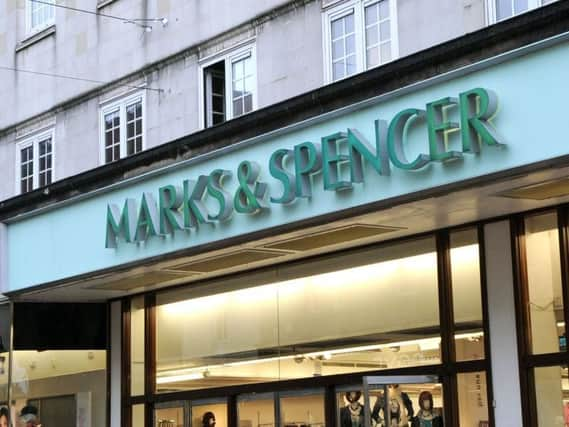UK 'consumes clothes' at fastest rate in Europe


Westminster’s environmental audit committee said evidence already submitted by the Textiles Recycling Association showed that the UK uses 26.7kg per capita. This compares to a consumption rate in the next-highest countries of 16.7 in Germany and 16 in Denmark - and just 12.6 in Sweden.
The committee said that although there has been a renewed interest in recent years in clothing made in Britain, there are concerns that the demand for fast fashion is fuelling the need for quick turn-arounds in the supply chain, leading to poor working conditions in UK garment factories.
Advertisement
Hide AdAdvertisement
Hide AdEnvironmental audit committee chair Mary Creagh MP said: “The way we design, produce and discard our clothes has a huge impact on our planet. Fashion and footwear retailers have a responsibility to minimise their environmental footprint and make sure the workers in their supply chains are paid a living wage. We want to hear what they are doing to make their industry more sustainable.”
The companies the Environmental Audit Committee has written to are: Marks and Spencer Group, Primark Stores, Next Retail, Arcadia Group, Asda, Tk Maxx and HomeSense, Tesco, JD Sports Fashion, Debenhams and Sports Direct International.
Peter Andrews, head of sustainability at the British Retail Consortium said: “As our population grows, more people are buying more clothes, which does impact the environment. However, because of the efforts of leading fashion retailers, many of the clothes that we now buy have lower individual environmental impacts. This has been achieved through sourcing more sustainable materials, designing products that are made to last, and encouraging customers to return unwanted clothes for reuse.
“Looking ahead, we know more needs to be done. Clothing production is a global market place and the best answers to its environmental and social impacts will be achieved with collaborative global actions.”